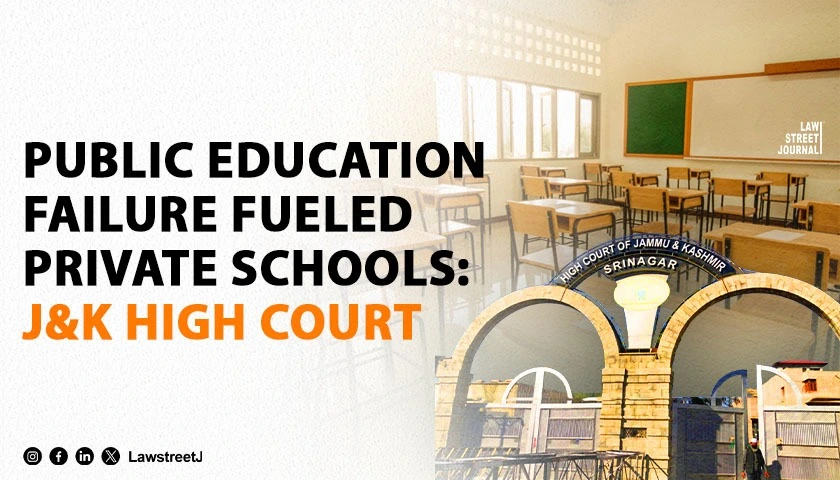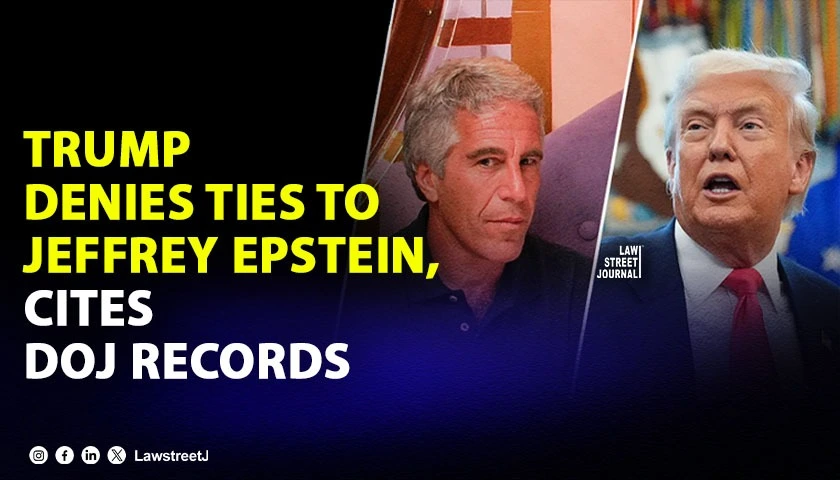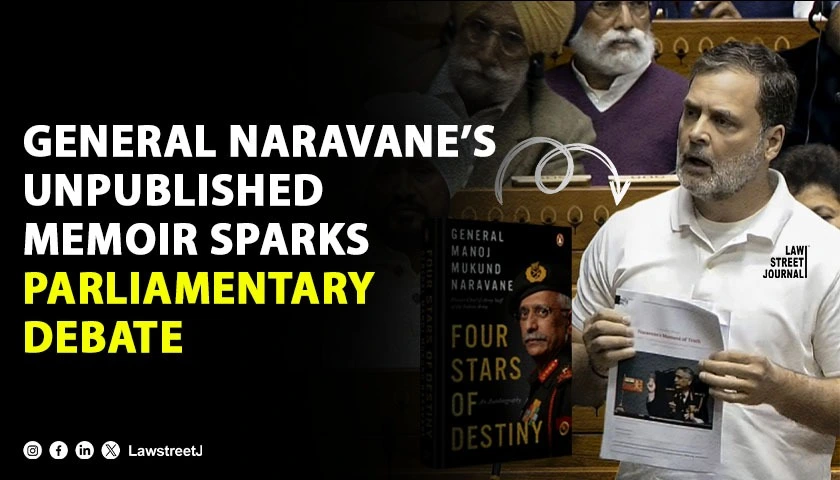A Single Judge Bench of Justice S. C. Gupte of the Bombay High Court has on 26 May 2020 in the matter of Shamoil Ahmad Khan vs. Falguni Shah & Ors. while considering interim relief for the plaintiff, held that the plaintiff had made out prima facie case of copyright infringement in his story which was adopted in series. The Court also asked makers of series to share profit with the plaintiff.
Background of the Case:
The Plaintiff is a writer, known for his literary work in Urdu and Hindi Languages, having to his credit popular novels and collection of short stories. One of the short stories in his collection goes by the name of Singardaan written in Urdu. The story was first published in 1993 in a literary magazine called Zahne-Jadid, published from New Delhi and later, in 1996, in the Plaintiffs own collection of short stories in Urdu titled Singardaan published by Mayar Publication, New Delhi. The story was also translated in Hindi by the Plaintiff himself and published in a collection of Hindi short stories by the same name by Ayan Publications, New Delhi in 1994. The Plaintiffs case was that the Defendants have produced a web series under an identical title, i.e. Singardaan, which has 6 episodes of a total duration of about 1 hour and 54 minutes. The series has been launched or released on an App by the name of Ullu and is available on the web platform of YouTube among others. It was the grievance of the Plaintiff that in their own web series the Defendants have not only copied the Plaintiffs title, Singardaan but the entire plot, narrative, and characters of his story by the same name. The Plaintiff, accordingly, sought damages as well as injunctive reliefs in the suit and prayed for temporary reliefs.
The Defendants had submitted that though the titles are the same, the work was an entirely original story and creation; the premise, the storyline, as well as the plot in the two works, were materially different.
The Court had to make two inquiries before granting temporary relief.
- Use of the name Singardaan for the Defendants web series; and
- Copyright infringement by the Defendants web series of the Plaintiffs story by the same name.
Regarding the first inquiry, the Court referred the Supreme Court judgment in Krishika Lulla vs. Shyam Vithalrao Devkatta (MANU/SC/1774/2015), where it had held that no copyright subsists in the title of a literary work per se and no case of copyright infringement can be urged against any other user of that title; there may, though, be a case of passing off. The Plaintiffs case was indeed of passing off. However, it was not sufficient for a plaintiff to merely show that the defendant has used an identical or a deceptively similar name or title; he has to further show that the title or name of his own work has acquired such reputation (as the name of a literary work) that the reading public is likely to identify it with the Plaintiff alone and none else. For the present case, the Court held that,
For the Plaintiff in the present suit, that appears to be too high a bar to satisfy at this interim stage. Any such case on his part must await a full-fledged trial. Only upon adequate proof being tendered of the high reputation for sustaining an injunction against use of the very name or title as an instance of passing off, the Plaintiff may secure such relief.
For the second inquiry, whether any prima facie case of copyright infringement was made out, the Court looked at the Plaintiffs story, in his own words mentioned in para 13 of the plaint and the Defendants work, in their own words mentioned in para 4 of the reply of a written statement.
After comparison, the Court held that :
The Defendants work does prima facie seem to me to be having similarities of a fundamental or substantial nature in respect of the mode of expression adopted in the copyrighted work of the Plaintiff. These fundamental or substantial aspects are (i) the protagonist being a Hindu, whilst the prostitute a Muslim;
(ii) the prostitute prizing her Singardaan, i.e. vanity box or dressing table, as her family heirloom passed on to her by her ancestry;
(iii) the protagonist coming into possession of the Singardaan during communal riots;
(iv) the protagonist bringing it home;
(v) his wife and daughter being attracted to it and using it;
(vi) the appearance, the mannerisms, and behavior of the womenfolk becoming more amorous, enticing, and inviting in a manner which befits a prostitute.
There may be some dissimilarities between the two works, but so far as these fundamental or substantial aspects are concerned (and these can only be described as matters of expression), they are clearly copied by the Defendants.
The Court further notes relying on R.G. Anand vs. Delux Films that (MANU/SC/0256/1978),
The copy is a substantial and material one. The spectator or viewer of the later work (i.e. the Defendants web series), having read the Plaintiffs story, is likely to be of opinion, nay, an unmistakable impression, that the later work (i.e. the Defendants work) appears to be a copy of the original (i.e. the Plaintiffs work). There is an arguable case of piracy and it has a reasonable prospect of succeeding.
Having found a prima facie case of infringement of copyright in favor of the Plaintiff, the court made another inquiry as to what kind of relief the plaintiff was entitled to.
- Whether the Plaintiff would suffer irreparable prejudice, if injunctive relief were not granted or whether damages would be an adequate remedy, and
- Which way lies the balance of convenience.
After considering the totality of circumstances, the court concluded that,
instead of granting a temporary injunction against an exhibition of the web series, interests of justice would be served better if the suit itself is set down for trial and the Defendants are asked to maintain accounts of the profits made from the web series in the meantime, i.e. from the date of publication of the web series and till date and during the pendency of the suit and render them to the court as and when demanded in the course of the trial. In the meantime, however, further adaptation or use of the web series in a different format may be restrained.








